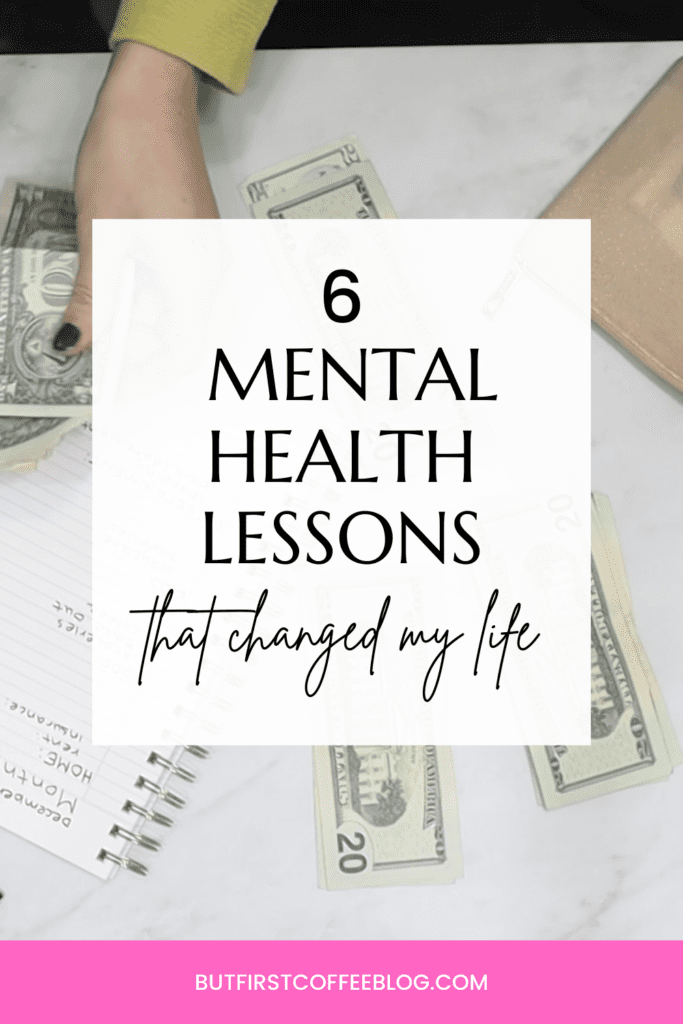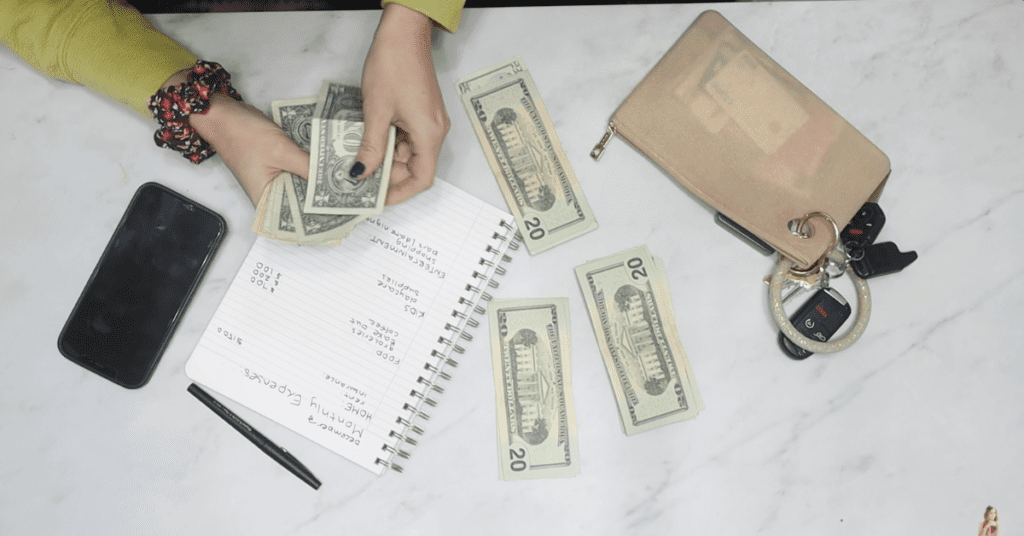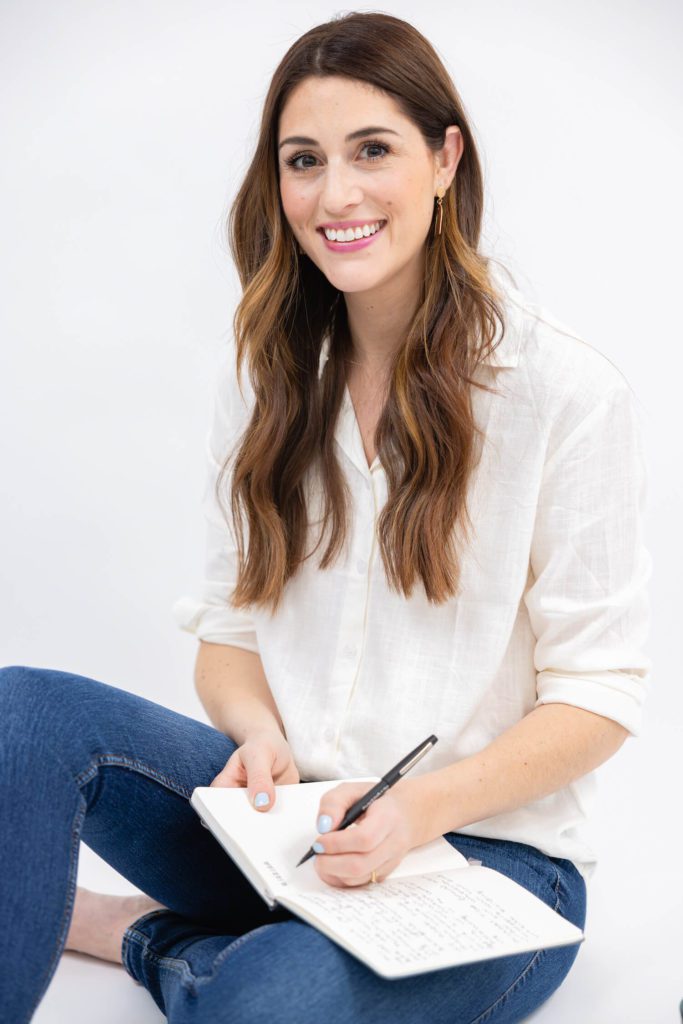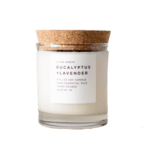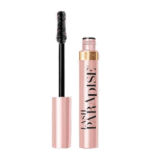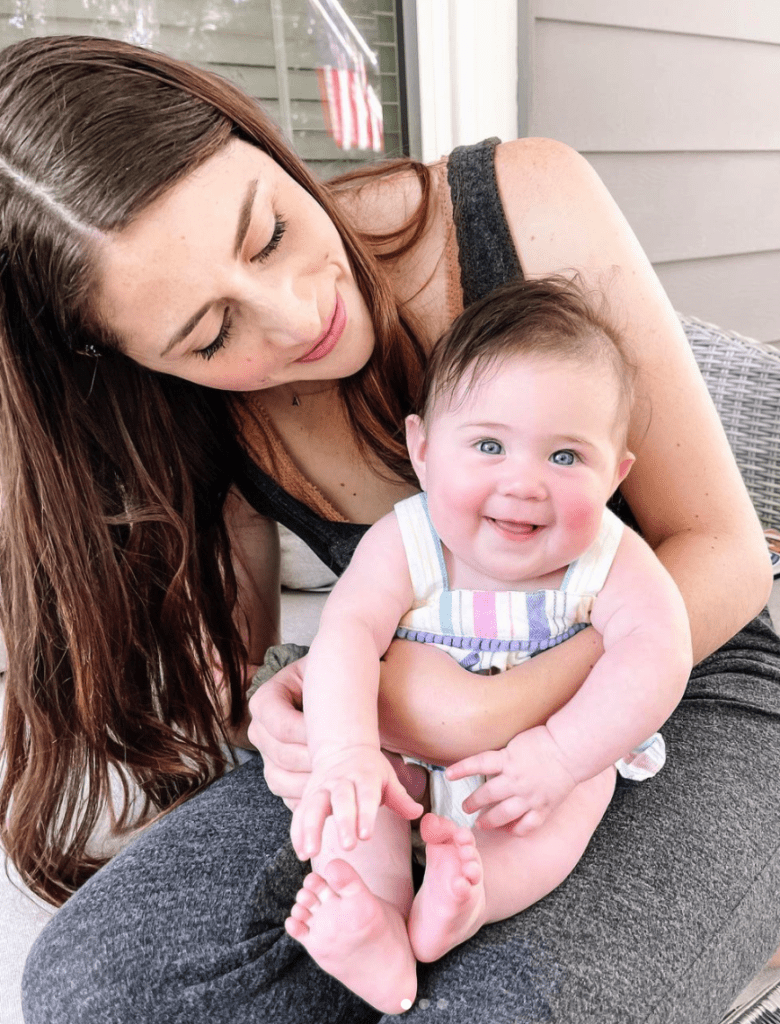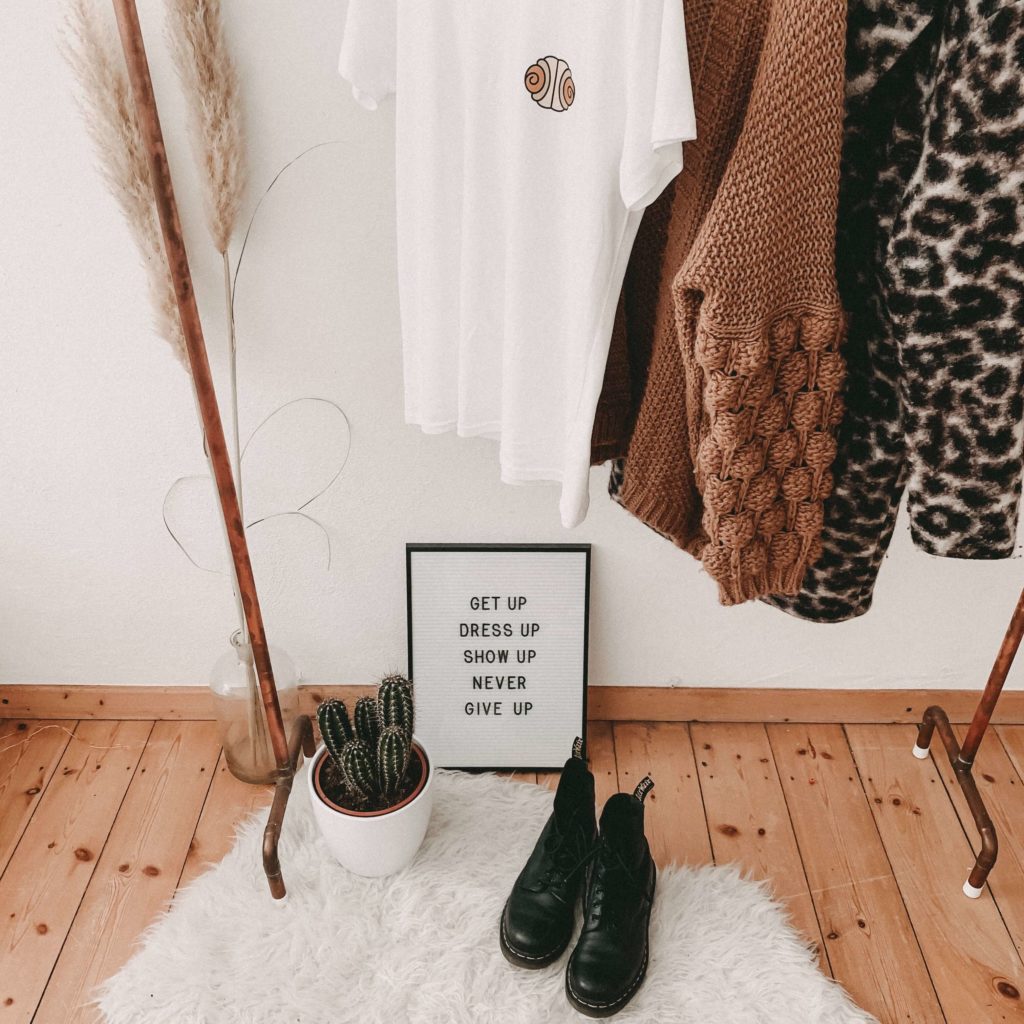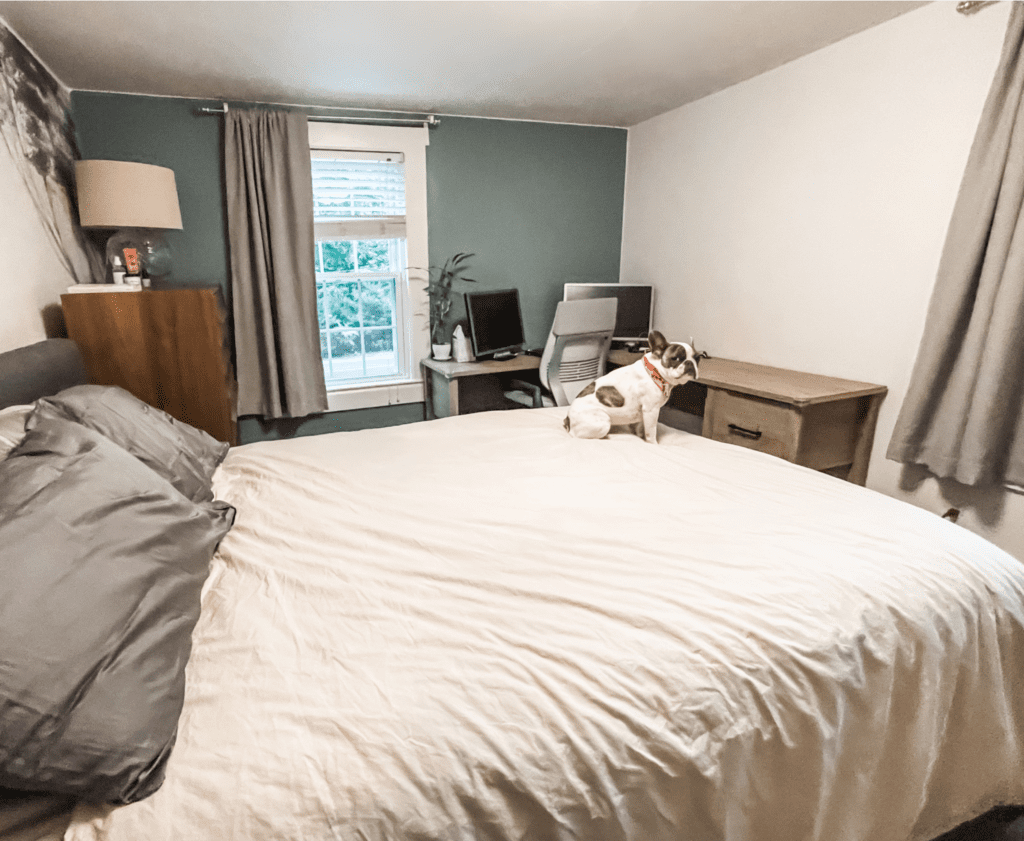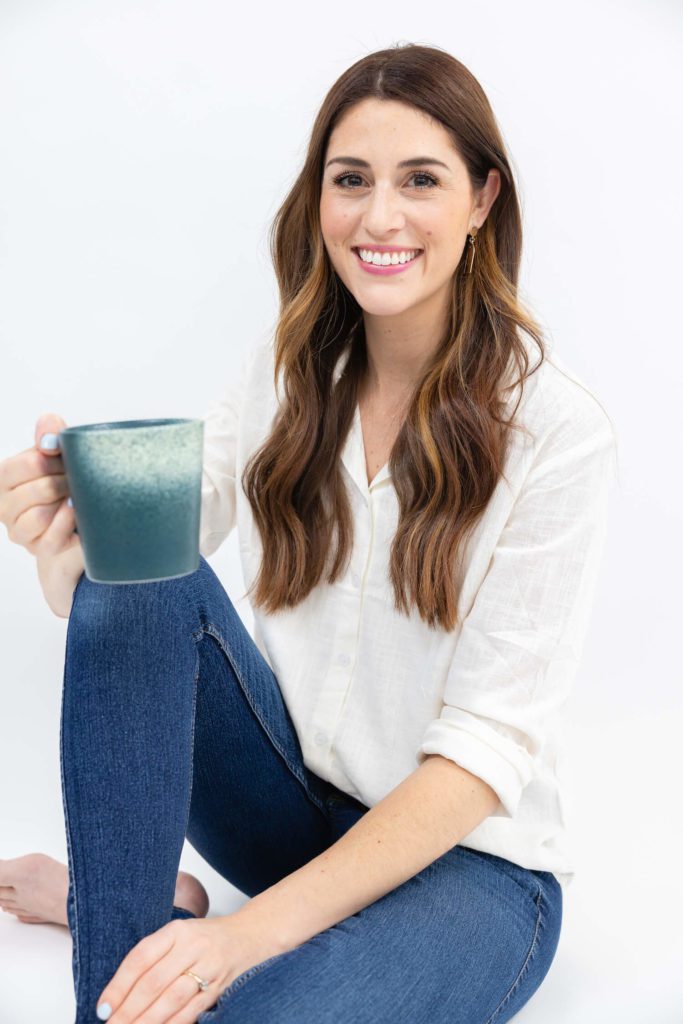I find we, as humans, tend to spend a lot of time worrying over the health of our bodies, eating well, exercising, removing toxins from our home, visiting the doctor if we have a pain or weird mole…but then vastly ignoring the health of our brains.
Our brain is extremely powerful and the older I grow the more amazed I am at how powerful our mind can be to our overall wellness. And, while I think it’s really important to do things for the health of our bodies, I think neglecting the health of our brain can be just as detrimental, if not MORE detrimental, than anything else.
So, I wanted to sit down and share a few lessons I’ve learned in life that have really helped my overall mental health. Little lessons that give me clarity and practices and routines that help my mental hygiene.
ONE: Just because someone is doing something different than you doesn’t mean the way you’re doing it is wrong.
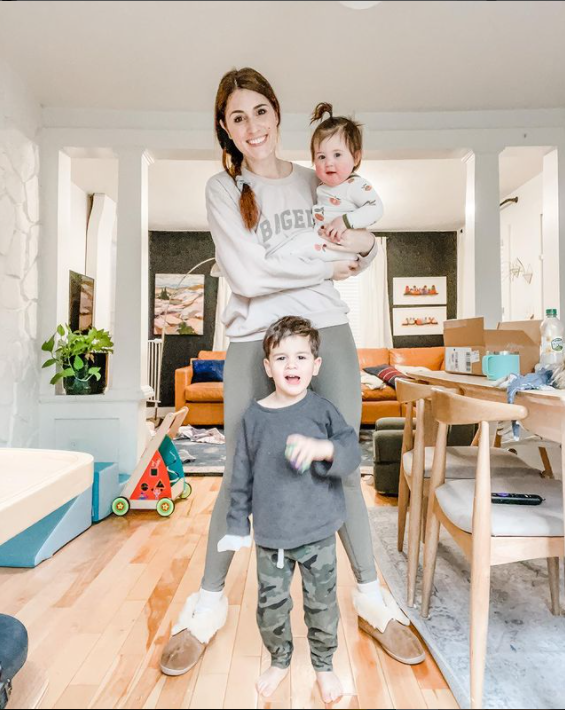
I think one of the most valuable lessons I’ve learned in starting this blog and becoming a business owner is that there isn’t one road to success. In fact, trying to recreate someone else’s road exactly is almost always going to end in failure because you need to forge your own path a little bit if you want to reach the summit.
There are so many instances in life we can look at someone else doing something and think “wow they are doing that right.” It’s very easy on a daily basis to see other people and compare the choices you made or are making to theirs. It can be very easy to look at this as a very black and white thing, one of you picked right and one picked wrong. But the truth is, there’s a lot of grey.
In almost every case, there isn’t one right way to do things. And just because someone chose one way to do something and found success with it, doesn’t mean you can’t choose a totally different way and find your own success.
This applies to literally everything from your career to money to parenthood
TWO: You’re not in charge of someone else’s emotions.
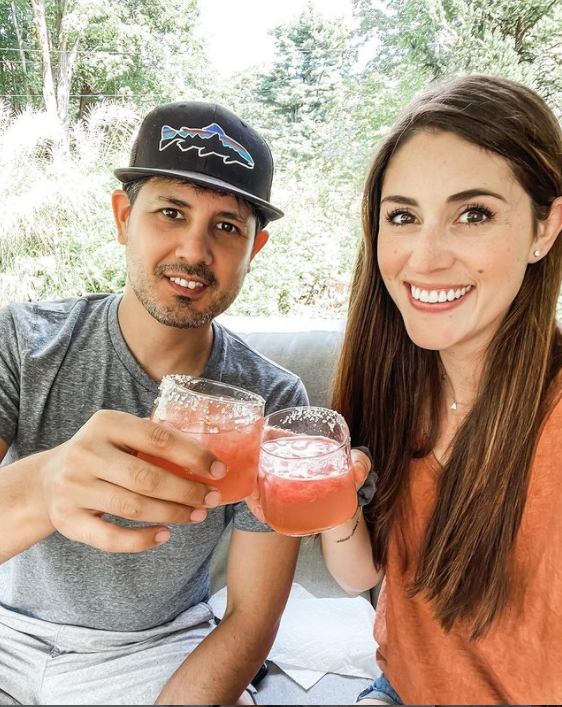
You can’t change how someone feels at any given time. Yes, we have the power to influence people’s emotions (both in good ways and bad ways) but ultimately, we can’t control how they react and feel. We can’t dictate which emotion or behavior someone has.
This was a really hard lesson for me to learn, particularly with those close to me. I think it was most prevalent with my husband. Sometimes if he was in a bad mood or having a hard day, even if it had NOTHING to do with me, I’d internalize it. I’d feel like I was doing something wrong because I couldn’t cheer him up. Then I’d try harder to cheer him up which usually wouldn’t work because when you’re having a bad day, you’re just having a bad day. Then I’d feel defeated that I couldn’t cheer him up and he’d feel defeated that I was defeated that I couldn’t cheer him up.
You see the ridiculousness here, but it’s just how it went. I think it’s just because as human beings we can sometimes have this tendency to be self-absorbed and think everything has to do with us. If someone seems upset, we think we said something wrong. If someone doesn’t text back, we think they are mad at us.
But, as it turns out, the world doesn’t revolve around us. I finally learned that I’m not responsible for my husband’s emotions. He’s allowed to feel bummed out and that’s not a direct reflection of me.
Other people’s emotions are not your responsibility. They are choosing their own emotions. All you can do is influence them, but then still, it’s up to that person how they want to process and interpret that. This concept has truly helped me and my relationships.
THREE: Stop pretending you know it all.
On the surface, this seems like a really silly lesson. Like…DUH Kallie of course not one person knows it all. But I can assure you we’ve all be in a situation where we’ve pretended to know or understand something we didn’t. Maybe at work, maybe just in casual conversations with friends. We act as if we know something because we don’t want to look stupid or we’re not confident that we’re as intelligent as the other people in the room.
I’ve finally allowed myself to let go of this feeling like I always need to act like I know everything because I definitely don’t. I can’t tell you how often I now say, “I don’t know” or “I have no idea what you mean” or “I don’t know how to pronounce this” or “I don’t know what that is.” And I don’t think anyone thinks any less of me for it.
There are a lot of things I know, and I know really well. I’m confident in my general intellect. But there are also a lot of things I don’t know. And not knowing things doesn’t make you less intelligent. If anything, being able to ask, question, and learn makes you more intelligent.
FOUR: Someone’s judgements of you often say more about them than about you. Vice versa, your judgements of someone else might say more about YOU than about them.
I think we’ve all heard the first half of this lesson. Very often someone’s perception of you says a lot more about them than about you. You know that famous quote “we don’t see things as they are we see them as we are.” People see you through their own lens of their lives, which is different than your lens. They have different life experiences, different hardships, different goals, values, fears, and accomplishments. All those are going to play into how they view and so often their judgments of you say more about that lens they are viewing you through. And that can be a very helpful thing to understand when processing those judgments.
But it can also be humbling to turn that lesson around and remind yourself that often the judgments we have of others can say more about us than it does about them. Often if I catch myself passing judgment I’ll pause and ask myself why it is that I’m thinking or saying this. Often our judgment is something is tied to something we feel weak about ourselves or something we fear or don’t want to face.
FIVE: Don’t live above your means
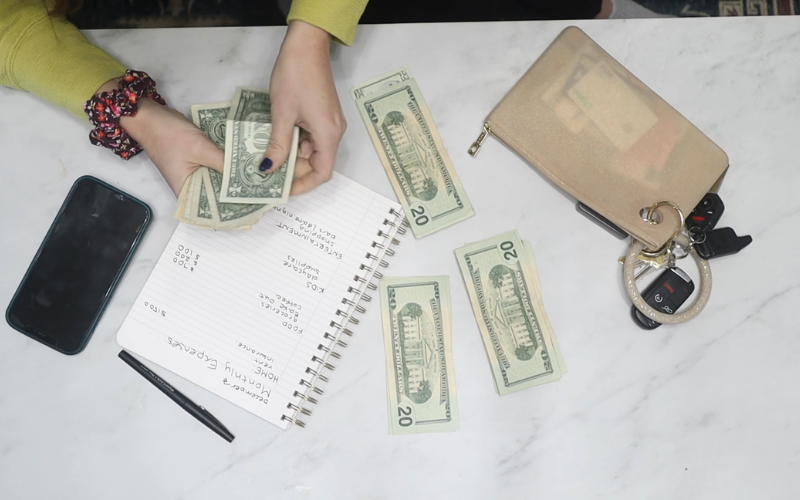
I’ll be honest I spent many years living above my means. All it got me was some debt.
It’s very easy to get caught up in spending more to try to “keep up.” Keep up with what? I’m not sure we even know. I guess with our friends, neighbors, people on social media. Not to mention that never before in our history have products been so available to us. We can order pretty much anything on Amazon in a single click and get it delivered to our door in 2 days. We can see a celebrity we like wearing something and then simply swipe up to purchase it for ourselves. We can say “hm I want some french fries right now” and with two clicks pay someone to drop them off at our house.
Sales and deals pour into our email inboxes multiple times a day. Targeted ads bombard us endlessly about new products that we would like and companies that match our demographics. Then, add to that a strange social pressure from social media to always feel like we need to have the latest and greatest, and you’re left with what, in my opinion, is the biggest financial problem of our generation: overspending.
I think we THINK that spending on these things will make us feel good, but this is almost never the case. Maybe we feel better for a few minutes, we get excited about our new purchase, it makes us feel like we’re rich. But, in the long run, if we don’t really have the money for this thing, it’s not making us feel good.
Obviously, cutting back at first is hard. It’s a bummer to not get to buy things you want. To have to wait and save for purchases. To have to say no to things you want. But in the long run, you’re going to feel a lot better about yourself. You’ll start saving money and actually feel some financial freedom.
One of the best pieces of money advice I ever heard was “do you want to feel rich, or do you want to be rich?” If you’re living above your means, you may have little moments of feeling rich but you’ll never actually be able to be “rich” (using quotes cause I find the word rich to be a little undetermined, rich to one person isn’t rich to another.) Anyways you get the point.
Living above your means maybe gives you little feelings of being rich but ultimately leaves you broke and disappointed and probably stressed out trying to make ends meet. Living below your means helps you save, gives you some financial flexibility, and leads to a strong feeling of confidence.
SIX: Declutter – you don’t need it
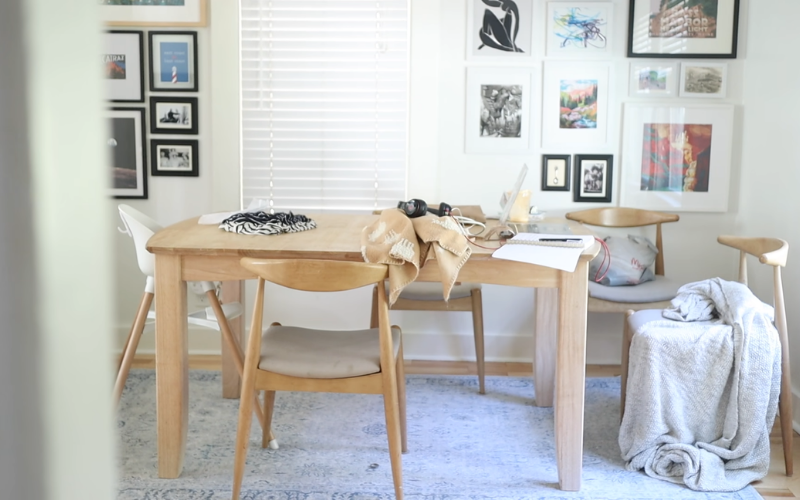
I spent many years pretty disorganized, clutter in every nook and cranny of my home. The attic was stuffed to the brim, basement too, closets packed tight, drawers full of stuff. You get the point. But as I got older, and especially with motherhood, I’ve gotten a lot better at decluttering and removing the things from my life I don’t need. I mean there’s always room for improvement, but from where I was to where I am now is night and day.
The truth is, it has impacted my mental health in such a positive way. There have been countless studies around the association of clutter with stress and it’s unavoidable that people who view their homes as cluttered are impacted negatively by it.
Clutter in the home is linked to higher cortisol levels throughout the day (that’s our stress hormone) and one study even showed a spike in cortisol levels for these people in the early evening, when our body USUALLY naturally has a decrease in cortisol as it prepares for night and sleep. Clutter is also directly connected to procrastination. Overall, the clutter in your life is NOT doing you ANY favors.
Now, wanting to tackle the clutter and ACTUALLY tackling the clutter is a big difference. Many of us have clutter and want it gone but don’t know where to start. My best tip I always suggest is don’t try to tackle it all at once. Give yourself the challenge to declutter one thing a day, even something small like one drawer or one shelf. Staying clutter-free isn’t just a one weekend a year purge, it’s about little declutters every day to prevent the clutter from taking over in the first place.
There you have it 6 little lessons that give me clarity and practices and routines that help my mental hygiene.
